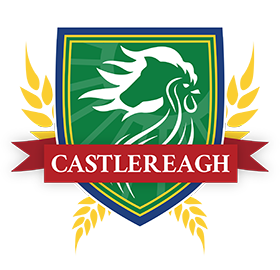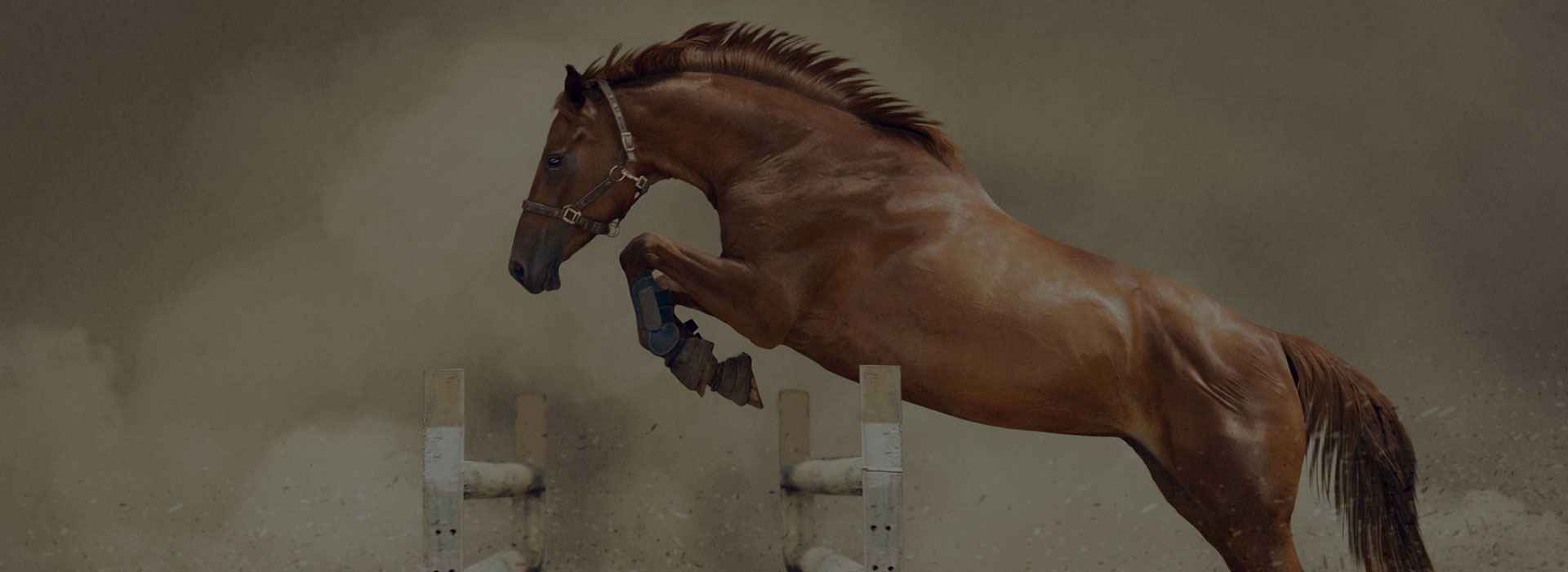
15 Apr Castlereagh’s Ultimate Chicken Feeding Tips
If you own some chooks, then you want to make sure that they’re always laying the highest quality eggs possible. After all, there is nothing quite like eggs straight from the farm! In this article, we’re going to provide you with some tips on how to feed your chickens the right way. Let’s get into it.
Make sure your chickens have enough feed
Your chooks are going to eat all day. It’s in their DNA. So, you need to make sure that you have enough food to go around. You also want to make sure that you’re not overfeeding your chickens. A good rule of thumb is to provide each chook with 120g of feed per day.
If you let your chooks outside of their pen then they will consumer less food. Letting them out is always a good idea, so that they can also eat some grass. This will provide your chooks with a balance of nutrients. Make sure that your chickens aren’t feeding on just feed or just grass.
Feed your chooks at regular intervals
We’ve mentioned that chickens love to eat all day, and that’s true. You need a way to monitor their eating, though. One good way to do that is to top up their feed in the morning and then let the chickens eat their feed throughout the day.
Then, let your chickens out during the late afternoon and inspect how much feed they’ve eaten. If you notice that some of your chickens aren’t eating at all then this is a sign of some serious problems. Other common reasons your chicken may stop eating include a change of diet and very hot weather.
As night falls, your chickens should make their way back into the pen on their own. If they don’t, offer them some scraps to lure them back in. Make sure to remove any left-over scraps though, as they will attract unwanted bugs, rodents and other birds.
Make sure your chickens have access to fresh water
This applies to just about every living thing on the planet, so it’s a no-brainer. With chickens, water helps soften up their food and thus digesting becomes easier. During extreme heat, neglecting to provide your chickens with fresh and cool water could prove fatal. A full-grown hen will need about 400ml of water per day. If it’s really hot, then allow your chooks to consume up to three times more water.
Worm your chickens quarterly
It may sound disgusting, but chooks will end up eating very close to their own poo if you keep them in a pen. This can and in most cases will cause intestinal worms. Also, the smaller the pen, the more likely your chooks are to be eating near their own poo.
Make sure to clean your pen regularly. In many cases, that won’t be enough, though. What you need to do is introduce a worm killer to their normal drinking water. Over time, worms will become resilient to the worm killer, so it is important to change it up to eliminate resistance.
Changing the brand of your worm killer won’t be enough. You need to make sure that there is a change in ingredients within the worm killer as well. The best way to do that is to speak to a nutritionist.
Like we mentioned above, make sure that you work your chooks once every three months. You’ll keep them as healthy and happy as possible. In turn, they’ll repay you by laying great eggs consistently.
Reward your chooks with bugs and worms
Chooks love eating bugs and worms, and this is a great way to ensure they continually lay the best quality eggs. Get some timber (make sure it’s not treater) and place it in your chooks’ pen. Wait about a week and the timber will turn into a bugs galore. Your chooks will enjoy the feed. You can do this just about any time you’re doing some gardening and are taking out old plans. Even ant-ridden pots are great. Just throw them in the pen and watch your chooks gobble them up.
Only feed chook products to chooks
Chic feed is for chic’s and chook feed is for chooks. Sounds simple enough, but the feed made for baby chickens is medicated to prevent a disease called coccidiosis. In case you having laying hens and you’re feeding them chic food, don’t eat their eggs for at least 7 days after they are laid. Also, if you give your chic’s feed that’s meant for grown hens then they will most likely die. Finally, don’t feed other animals your chicken feed or your chickens with the feed of other animals.
What you should never feed your chickens
The following food is toxic to chickens: avocado, chocolate, coffee and rhubarb. You probably didn’t think of feeding them these items, but we thoughts we’d cover them anyway. Always use good quality food and feed them well. Remember you are going to eat the eggs

